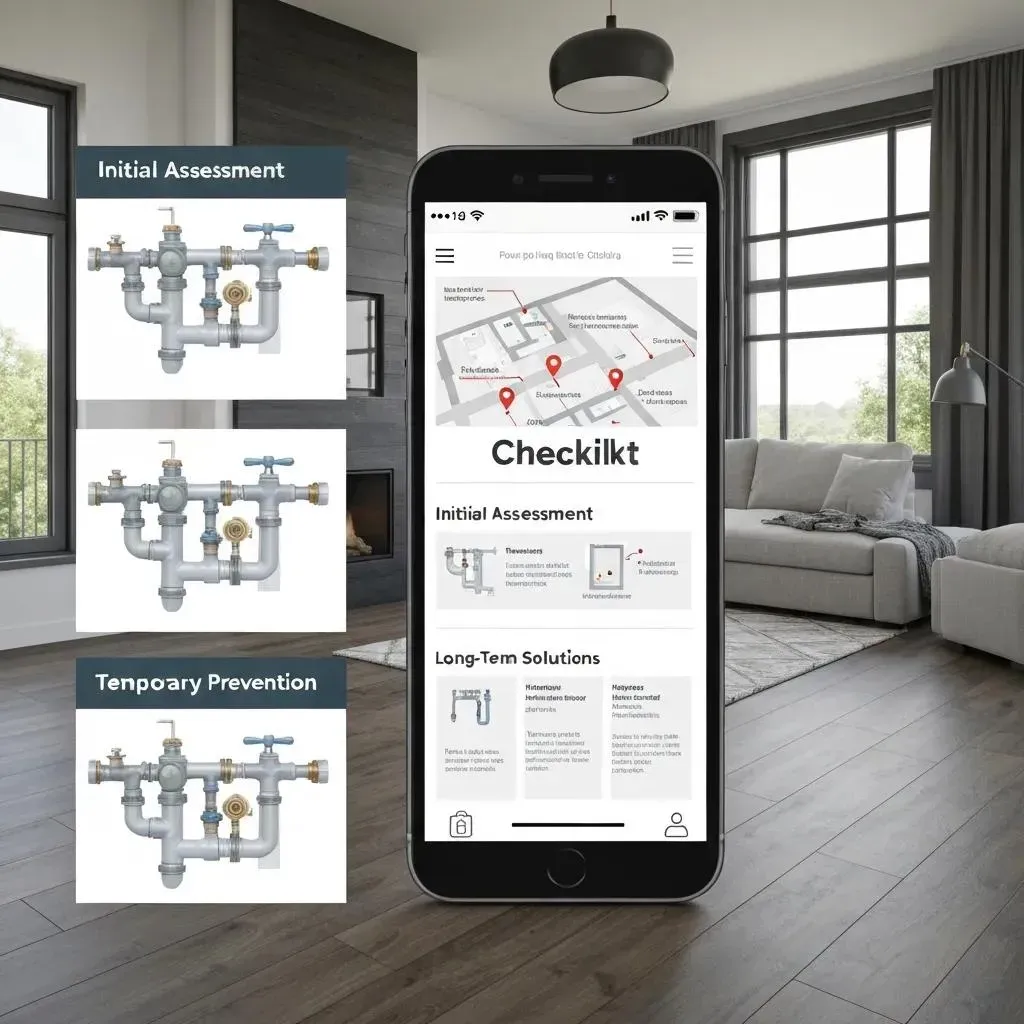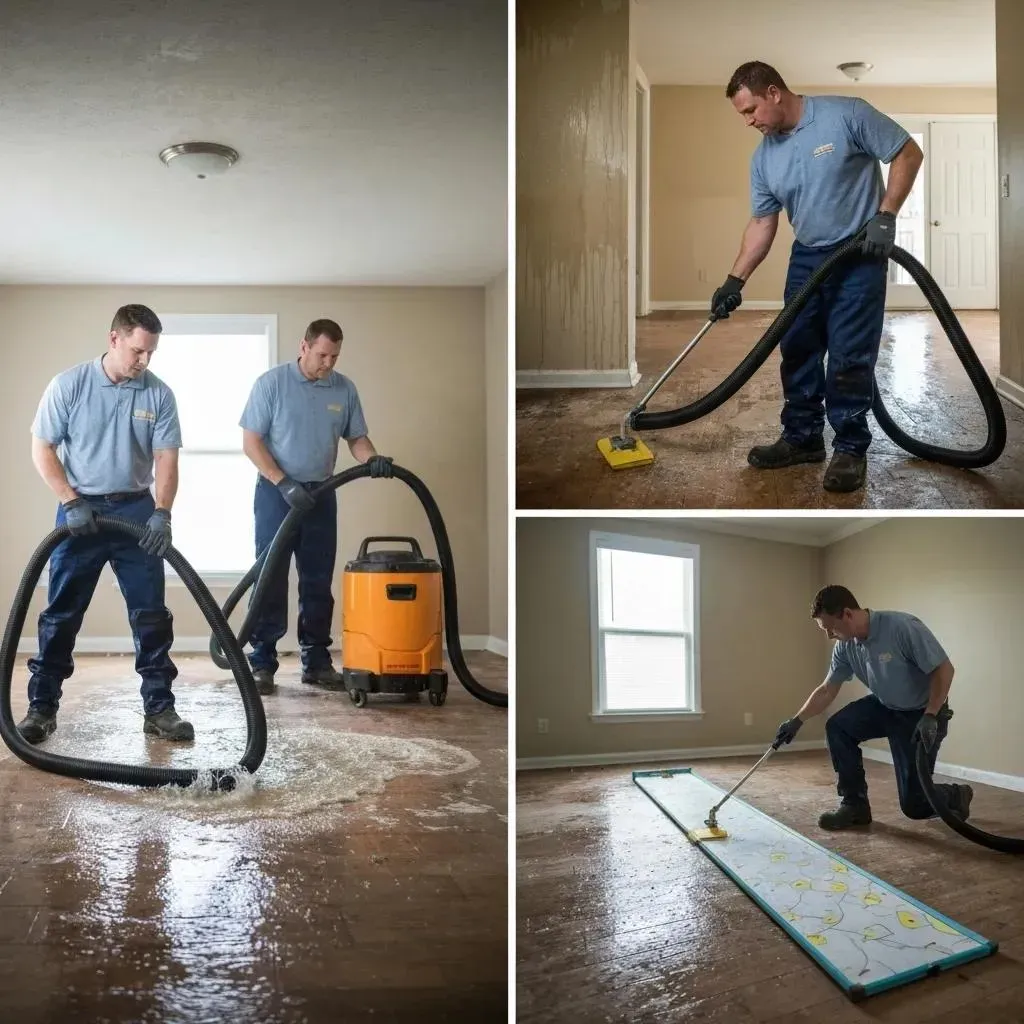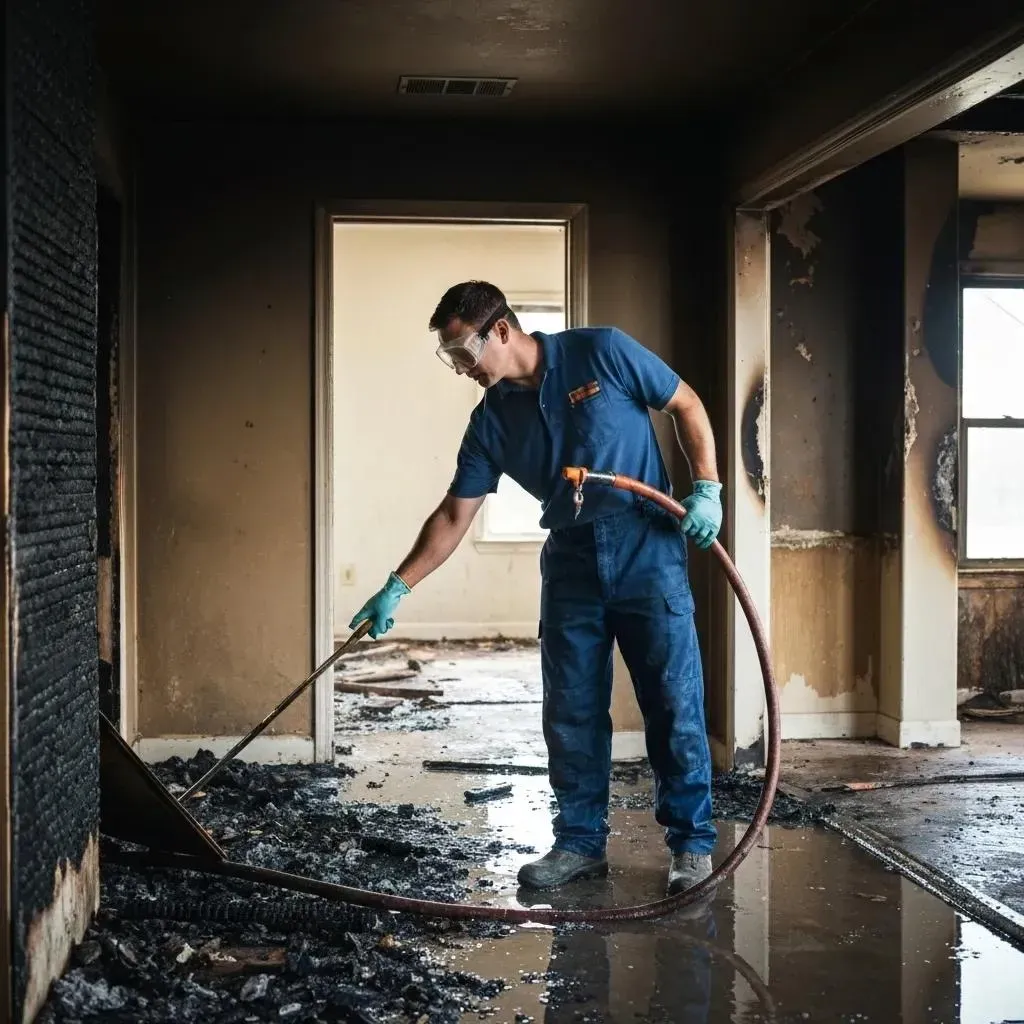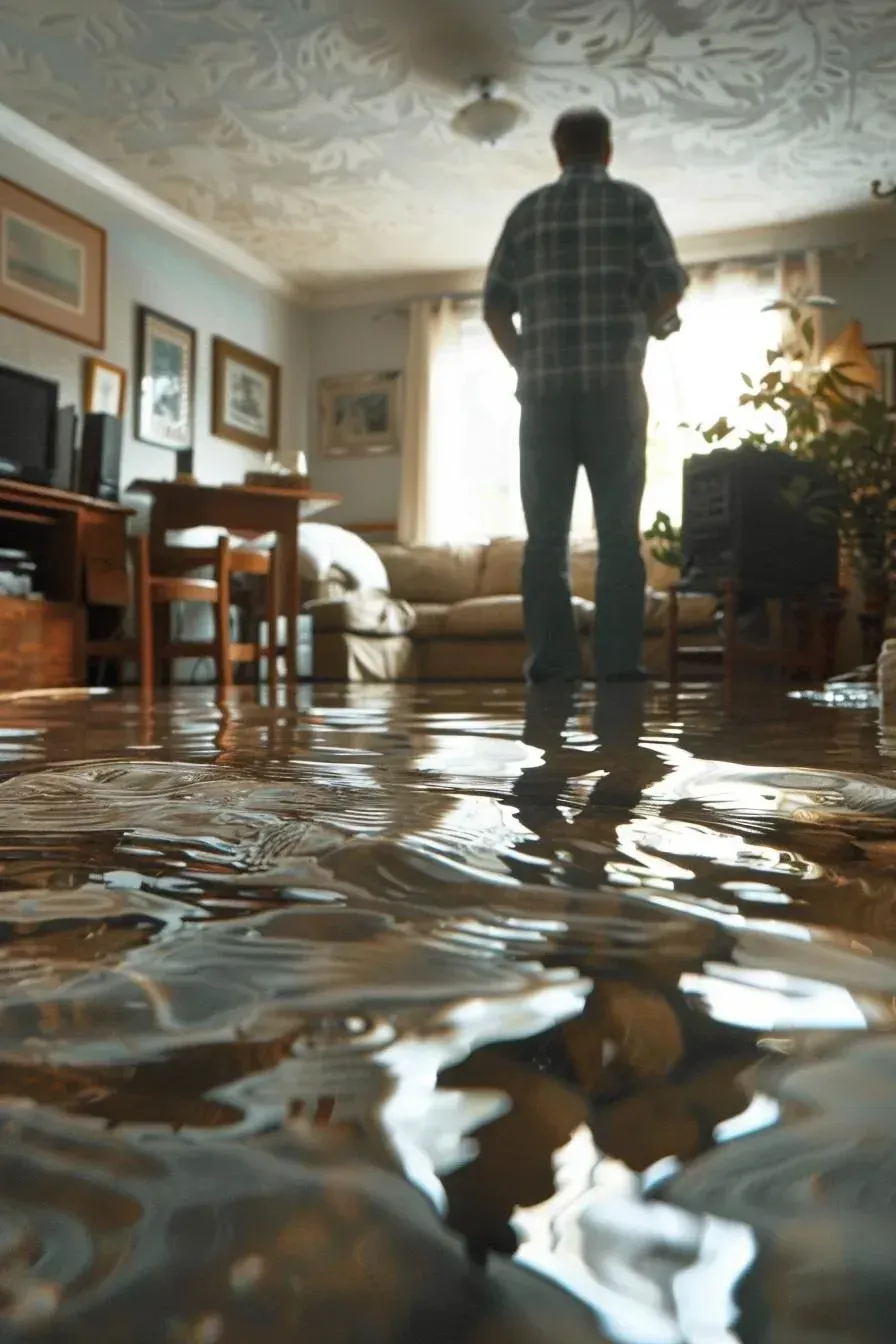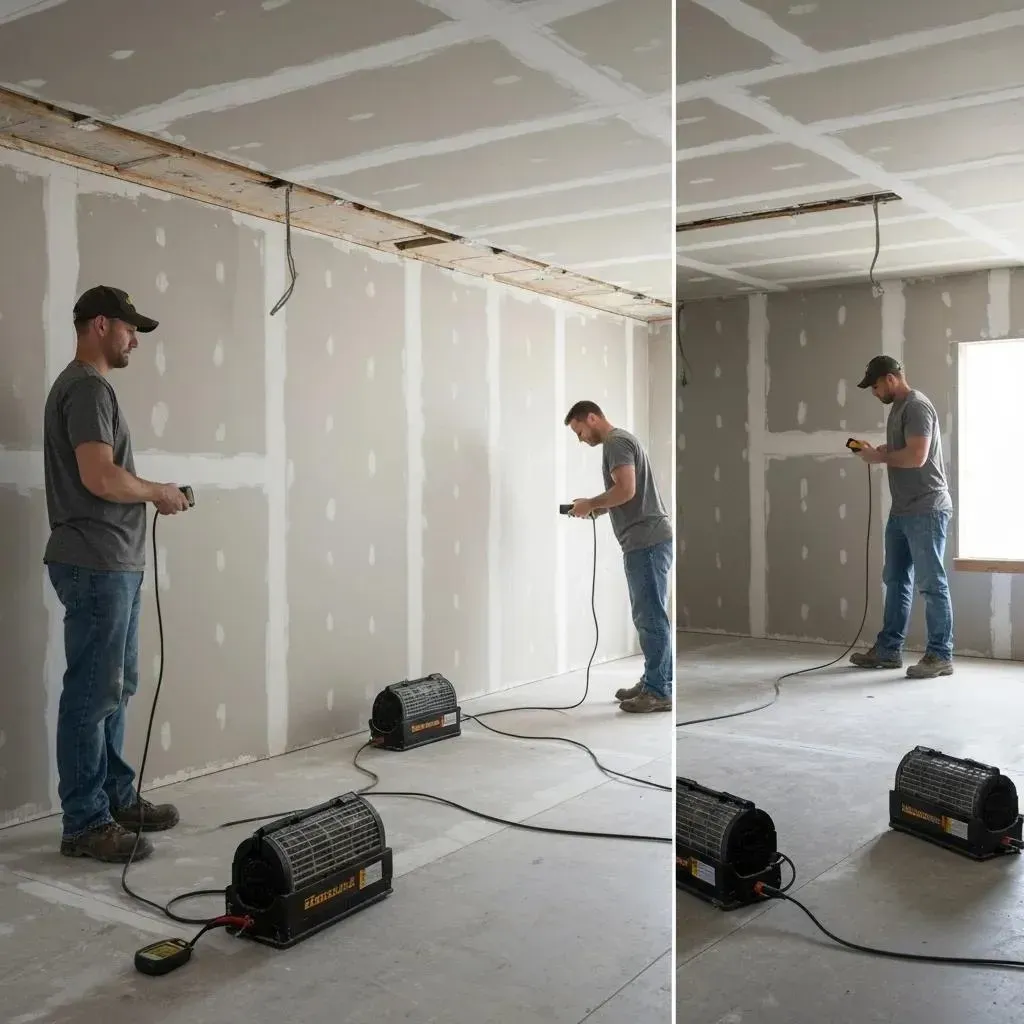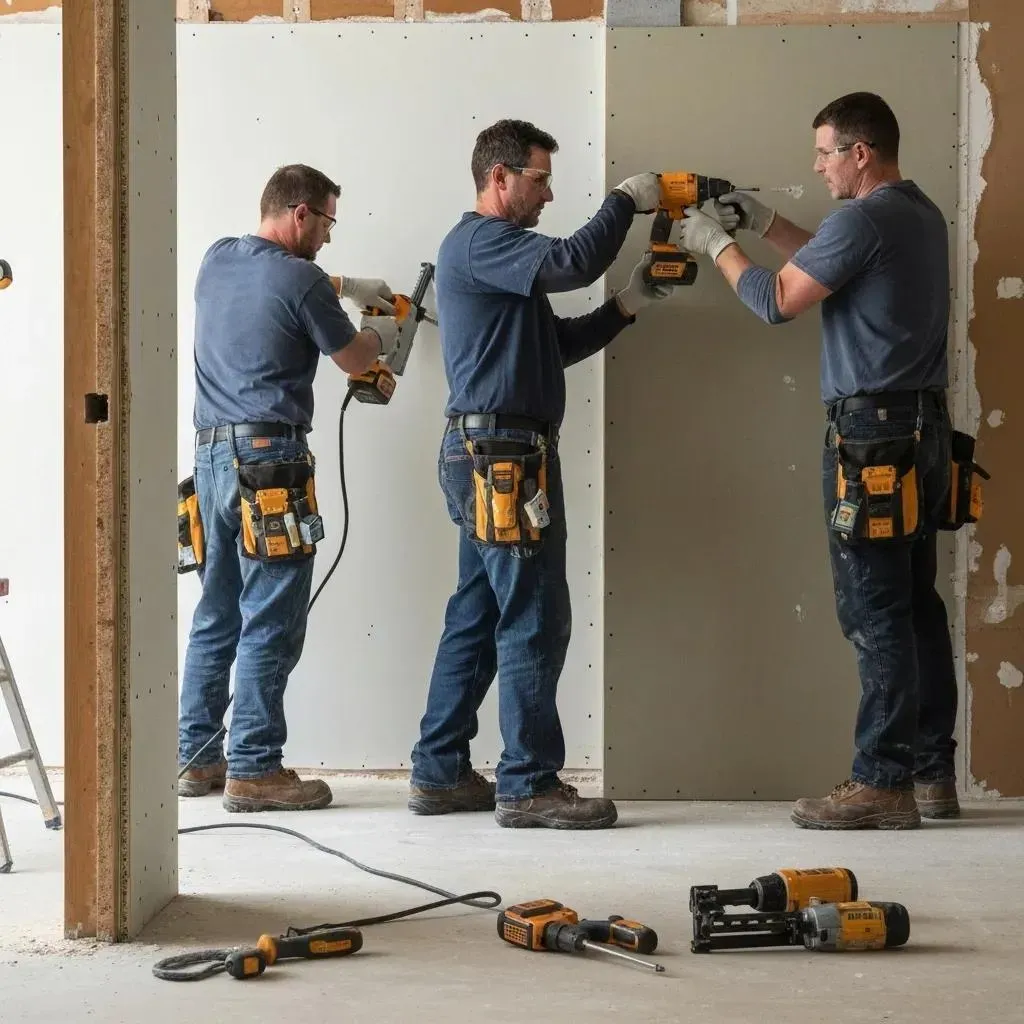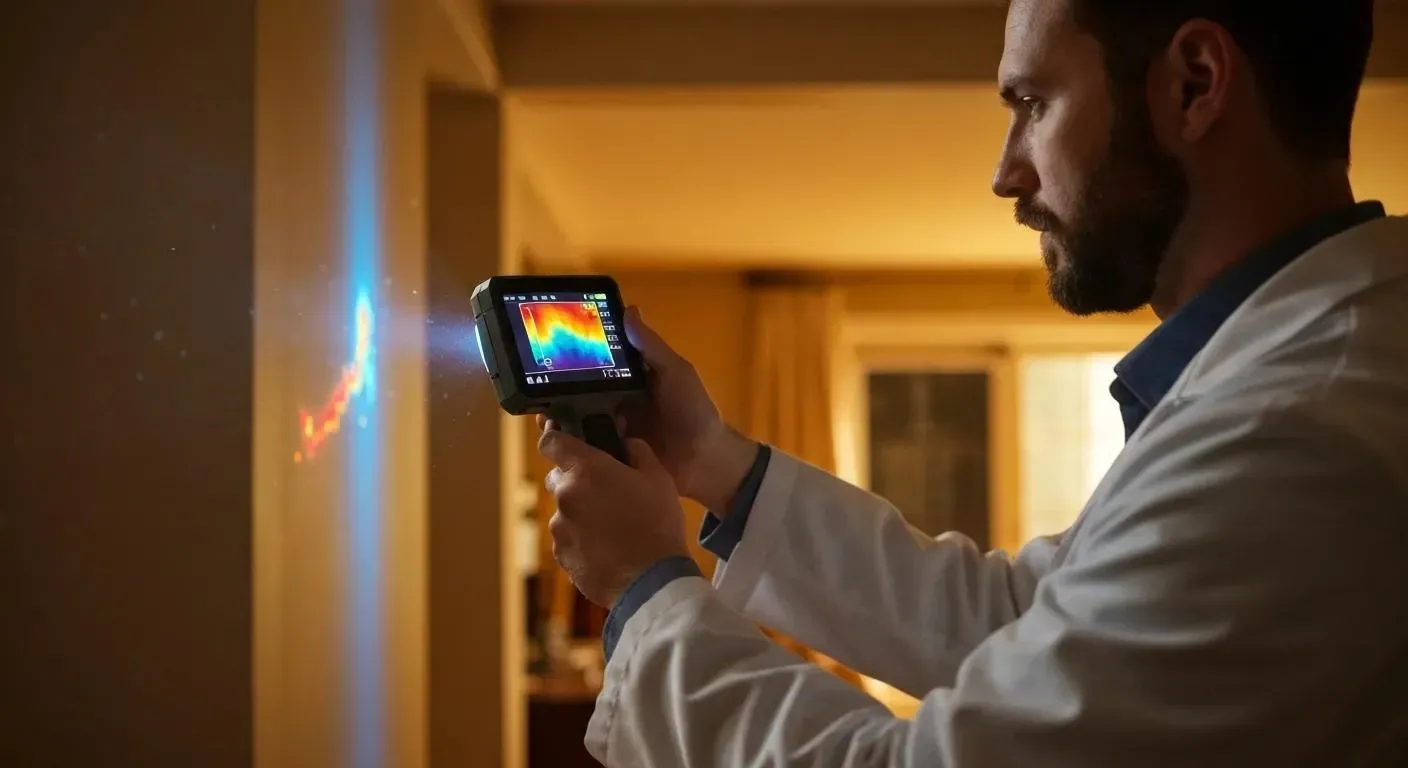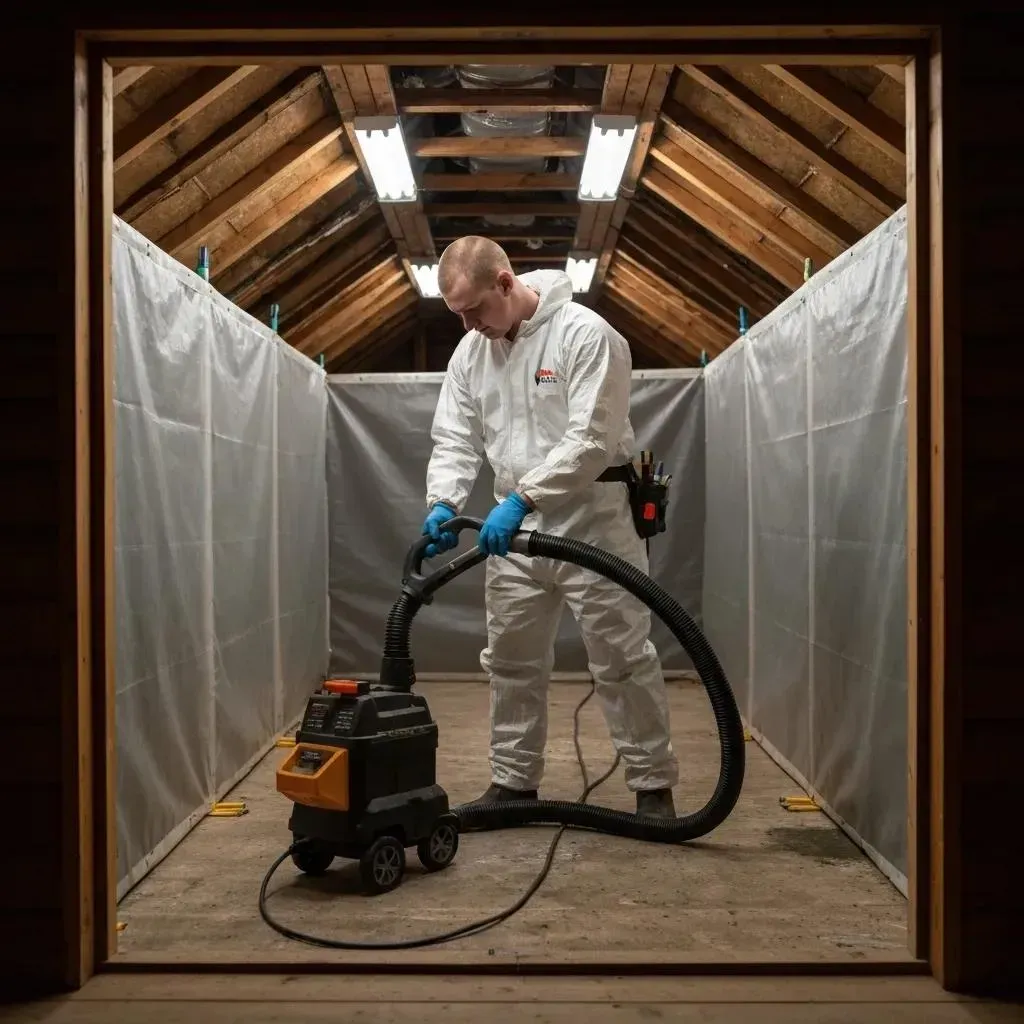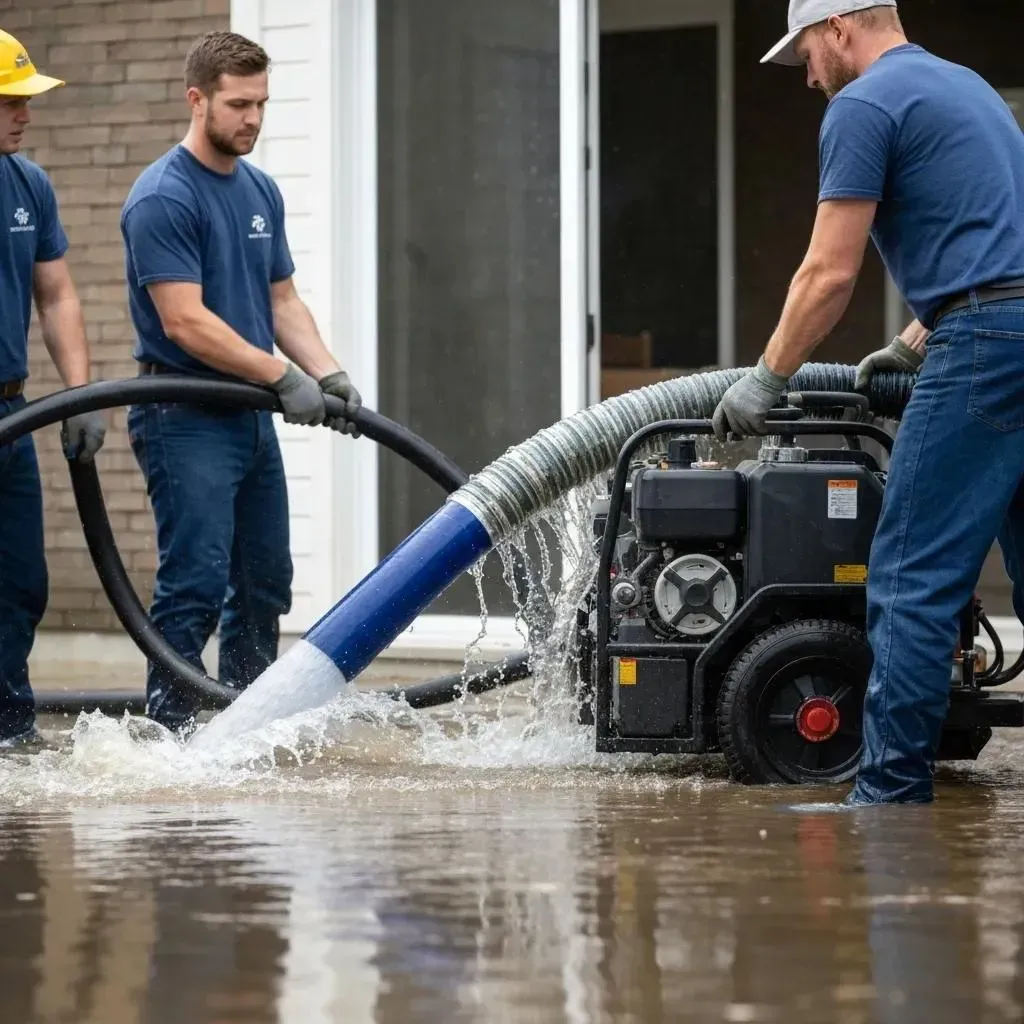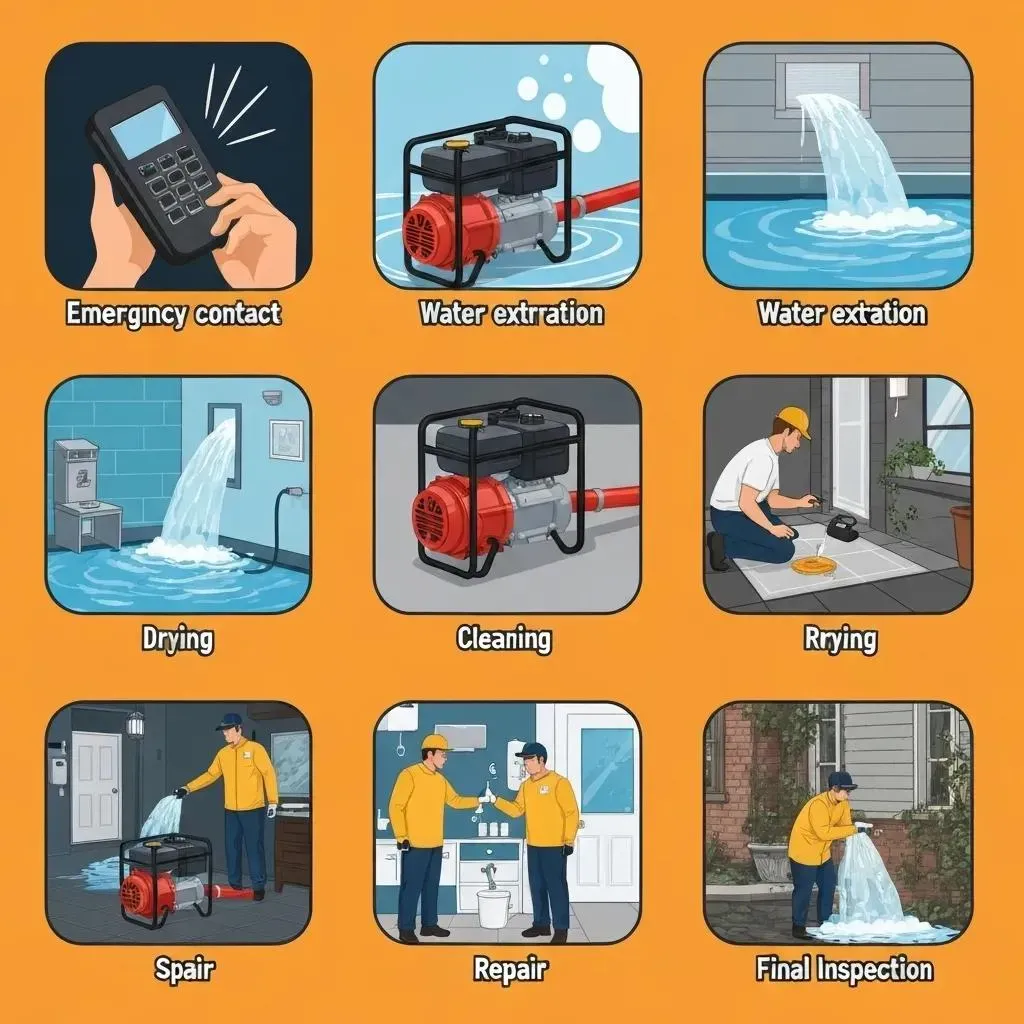Blog
Flood in Your Home? Steps for Emergency Water Extraction You Need Now!
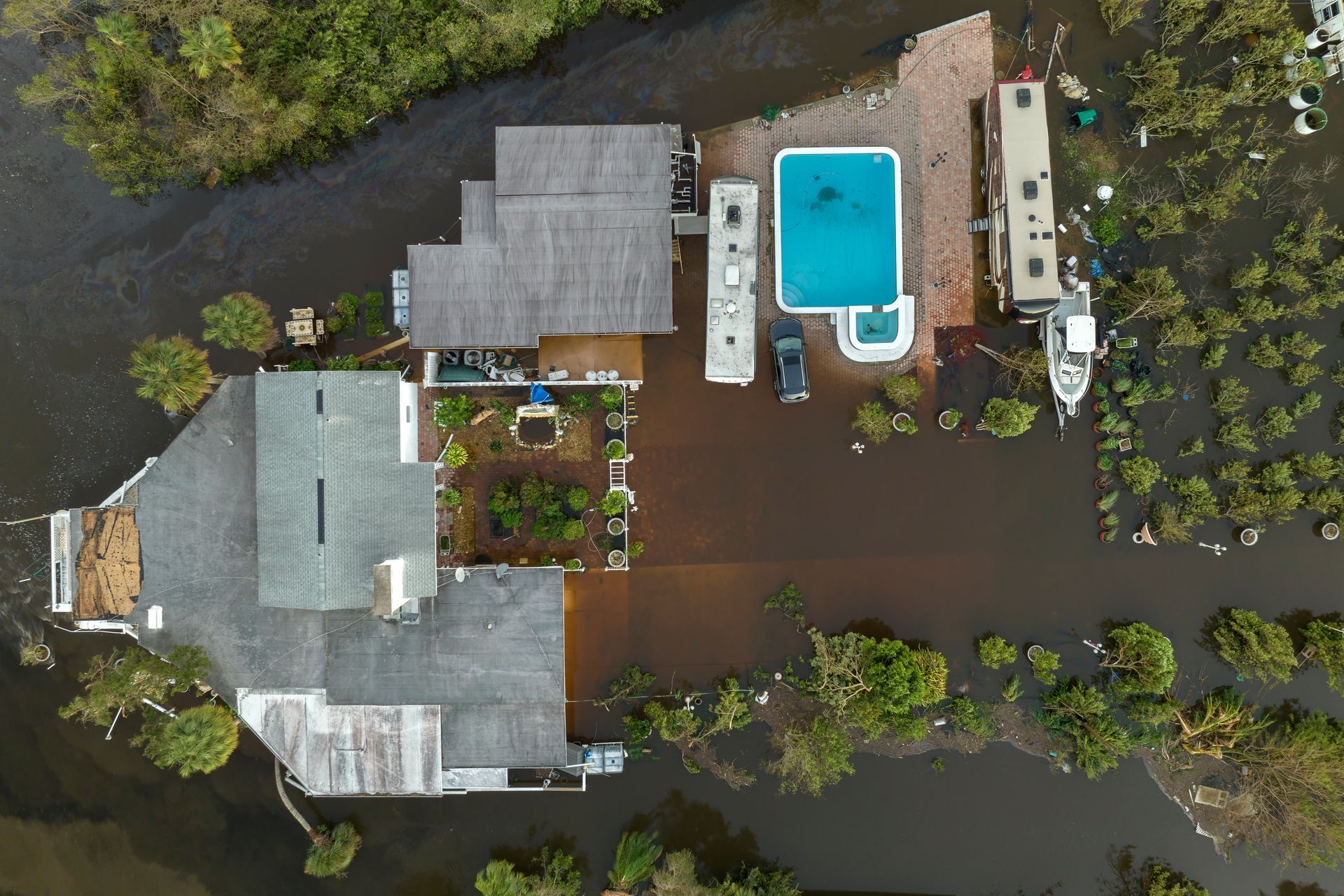
A home flood can happen unexpectedly, whether from a burst pipe, heavy rain, or a malfunctioning appliance. Acting quickly is crucial to minimize damage and restore your home to its original condition.
Knowing the proper steps for emergency water extraction can save you time, money, and stress. If you’re in a flood-prone area like Denver, Colorado, this guide will provide practical tips to handle the situation effectively.
Assess the Situation and Prioritize Safety
Before jumping into action, take a moment to assess the situation. Identify the source of the water and the extent of the damage. Make sure the area is safe to enter by checking for potential hazards like electrical issues or structural instability. If necessary, turn off your home’s power and water supply to prevent further complications.
In Denver, where seasonal snowmelt or sudden downpours can lead to basement flooding, these first steps are particularly important. Acting quickly to assess the situation can make all the difference in reducing long-term damage.
Identify the Source of Water
Knowing the type of water you’re dealing with is essential. Clean water from a burst pipe is less hazardous than grey water from appliances or black water from sewage backups. Understanding the water source helps you decide on the best course of action and whether to call in professionals.
Begin Water Removal Immediately
Once it’s safe, start removing standing water from your home. Use a wet/dry vacuum, buckets, or a sump pump to extract water as quickly as possible. If the flooding is severe or the water level is high, professional water extraction services are often the best solution.
In Denver’s high-altitude environment, the drying process may take longer due to the dry air, but rapid water removal helps prevent additional issues like mold and structural damage.
Focus on High-Priority Areas
Concentrate your efforts on high-risk areas like basements, carpets, and furniture. Removing water from these areas first can prevent further damage and make the drying process more efficient.
Dry Out Affected Areas
After the initial water extraction, the drying process begins. Open windows and doors to improve ventilation and use fans and dehumidifiers to reduce moisture levels. Be sure to check hidden spaces like behind walls, under carpets, and inside cabinets, as these areas are often overlooked.
In Denver’s dry climate, proper ventilation can accelerate the drying process, but using professional-grade dehumidifiers ensures thorough moisture removal.
Prevent Mold Growth
Mold can develop within 24-48 hours after a flood, so it’s crucial to dry out your home completely. Use mold inhibitors on affected surfaces and keep an eye out for musty odors or visible growth. For severe mold infestations, consider professional remediation services.
Clean and Disinfect Surfaces
Floodwater often carries bacteria and contaminants that can pose health risks. Thoroughly clean and disinfect all affected surfaces using appropriate cleaning solutions. Pay special attention to porous materials like carpets and upholstery, which may need to be replaced if they can’t be adequately sanitized.
Salvage Belongings
Sort through your belongings to determine what can be salvaged and what needs to be discarded. Items like documents, electronics, and sentimental items may require specialized cleaning techniques.
Inspect for Structural Damage
Once the water is removed and surfaces are clean, inspect your home for structural damage. Check the foundation, walls, and flooring for cracks, warping, or other issues. Addressing these problems early can prevent further complications down the line.
In Denver, homes are often built with basements, which can be particularly vulnerable to structural damage from flooding. Regular inspections ensure your home remains safe and sound.
Document the Damage
Take photos and videos of the affected areas for insurance purposes. Keep detailed records of repairs and cleaning efforts to support your claim. Contact your insurance provider as soon as possible to start the claims process.
Prevent Future Flooding
Once your home is restored, take steps to prevent future flooding. Regularly inspect your home’s plumbing, roof, and gutters to identify vulnerabilities. Consider installing sump pumps, water alarms, or backflow preventers for added protection.
Denver residents, in particular, should prepare for seasonal challenges like snowmelt in spring and sudden summer storms. Proactive maintenance helps safeguard your home against these common environmental threats.
Maintain Your Drainage System
Ensure your gutters and downspouts are clean and functioning properly to direct water away from your home’s foundation. Proper drainage reduces the risk of basement flooding and water intrusion.
How Can Accountable Home Services Help You?
At Accountable Home Services, we understand the urgency of emergency water extraction and provide expert solutions to help you restore your home quickly and effectively. Based in Denver, Colorado, our team specializes in handling water damage caused by floods, leaks, and other emergencies. We offer comprehensive services, from water removal to drying and structural repairs, ensuring your home is back to normal in no time.
Visit us at
1347 E 73rd Ave, Denver, CO 80229, or
call
(720) 620-3272 to schedule a consultation. Let Accountable Home Services handle the stress of water damage so you can focus on getting your life back to normal. Trust our experienced professionals to protect your home and give you peace of mind.

